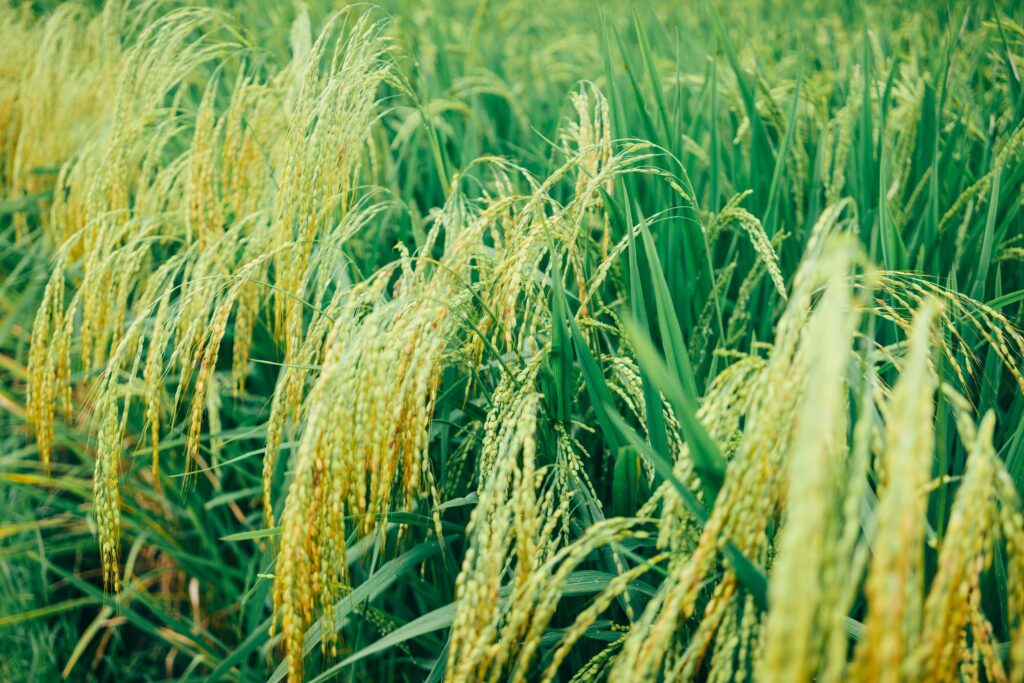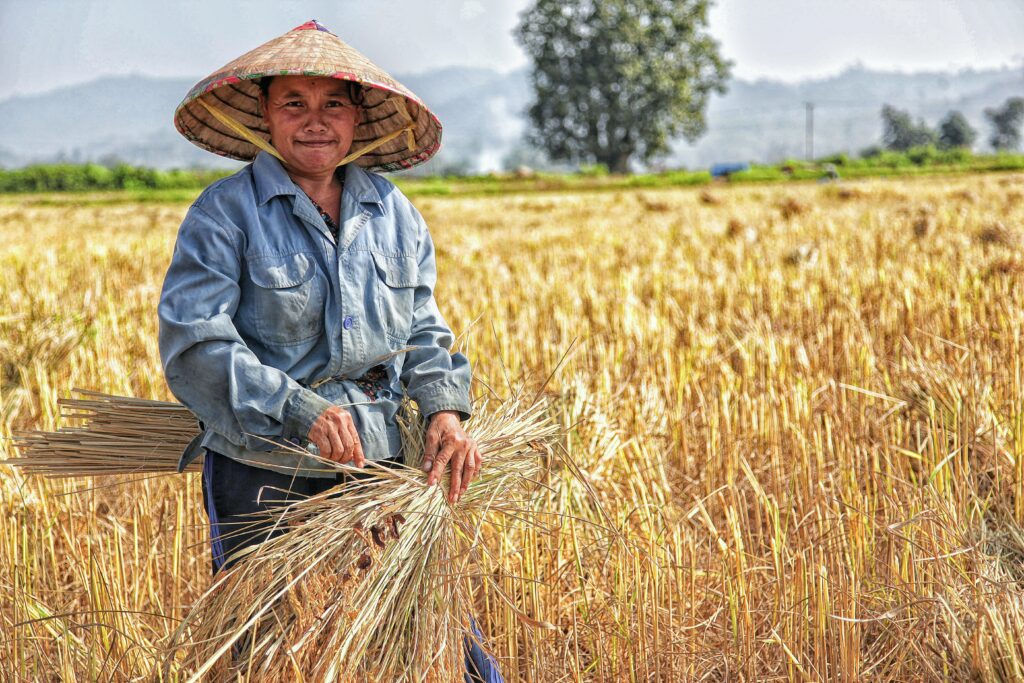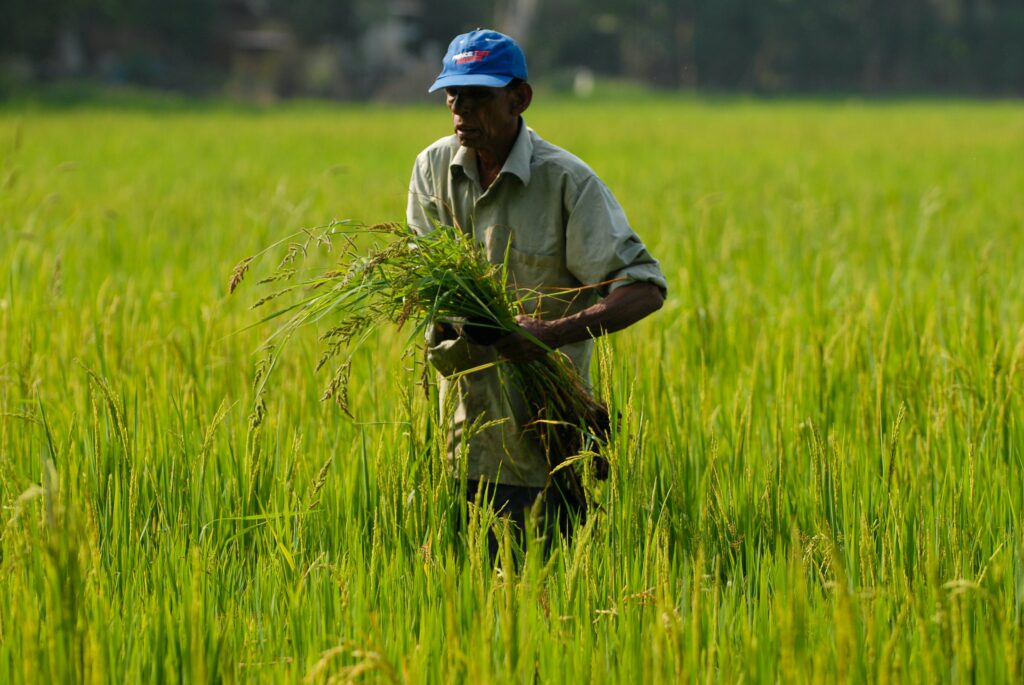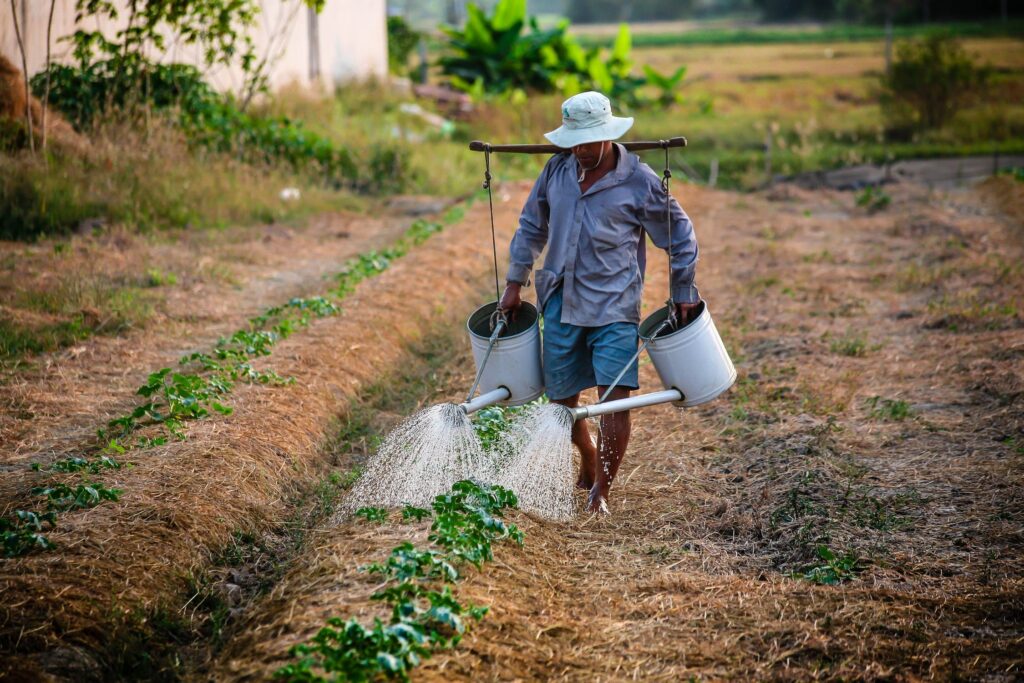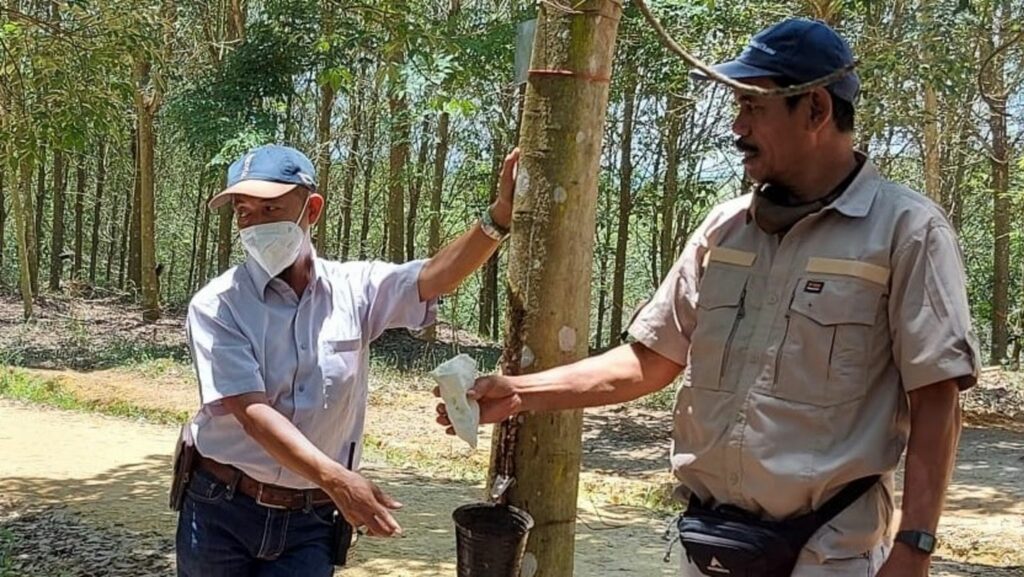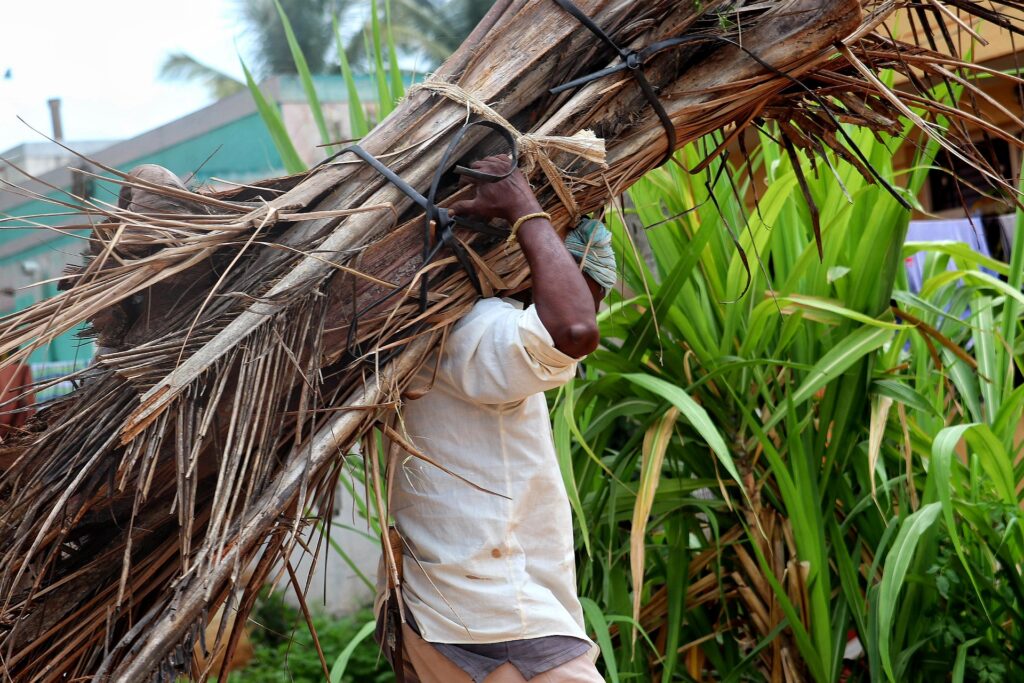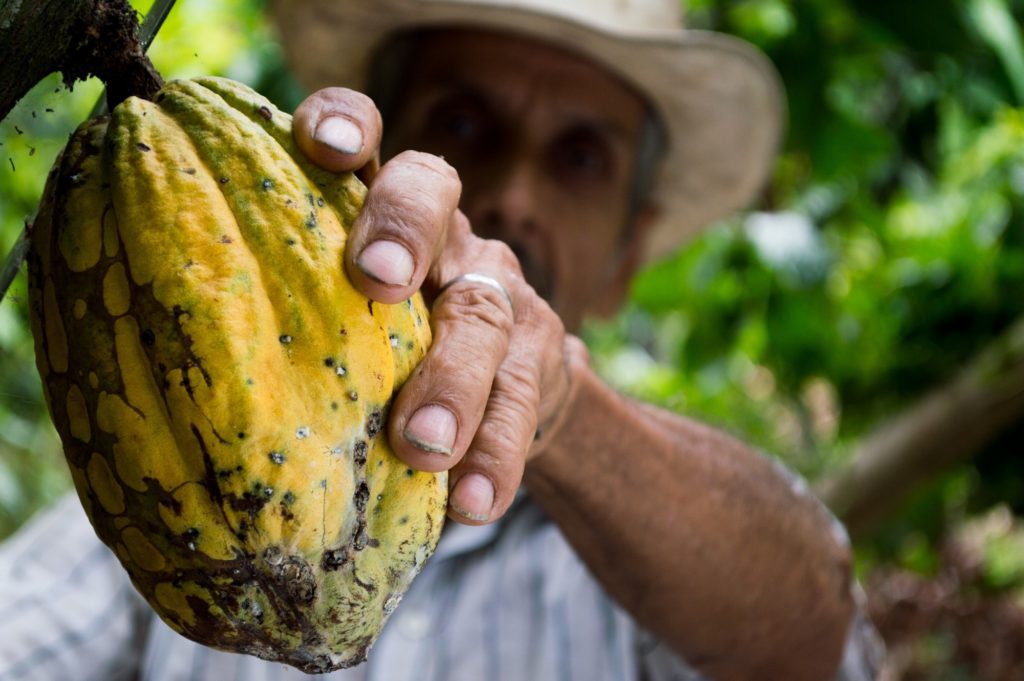Explore how rice, feeding one-fifth of global calories, faces supply chain challenges amid rising demand and declining yields
Author Archives: Hatim Issoufaly
Learn proven principles for including smallholder farmers in agricultural programs, drawn from successful field implementation
Learn how EU’s new anti-deforestation regulations EUDRD affect imports and what steps businesses need for full compliance
Ksapa interviews our in-house experts Christele Delbé and Hatim Issoufaly to discuss the use of certification programs with smallholder farmers.
Learn proven training and communication methods that transform smallholder farming practices, based on real program insights
Porsche and Michelin partner with Ksapa to transform rubber supply chains, from Indonesian farmers to finished vehicles
Exploring the politics behind smallholder food sovereignty and actionable solutions to restore farmers’ autonomy in food systems
Learn how to boost adoption of sustainable practices among smallholder farmers who feed 70% of the world’s population

